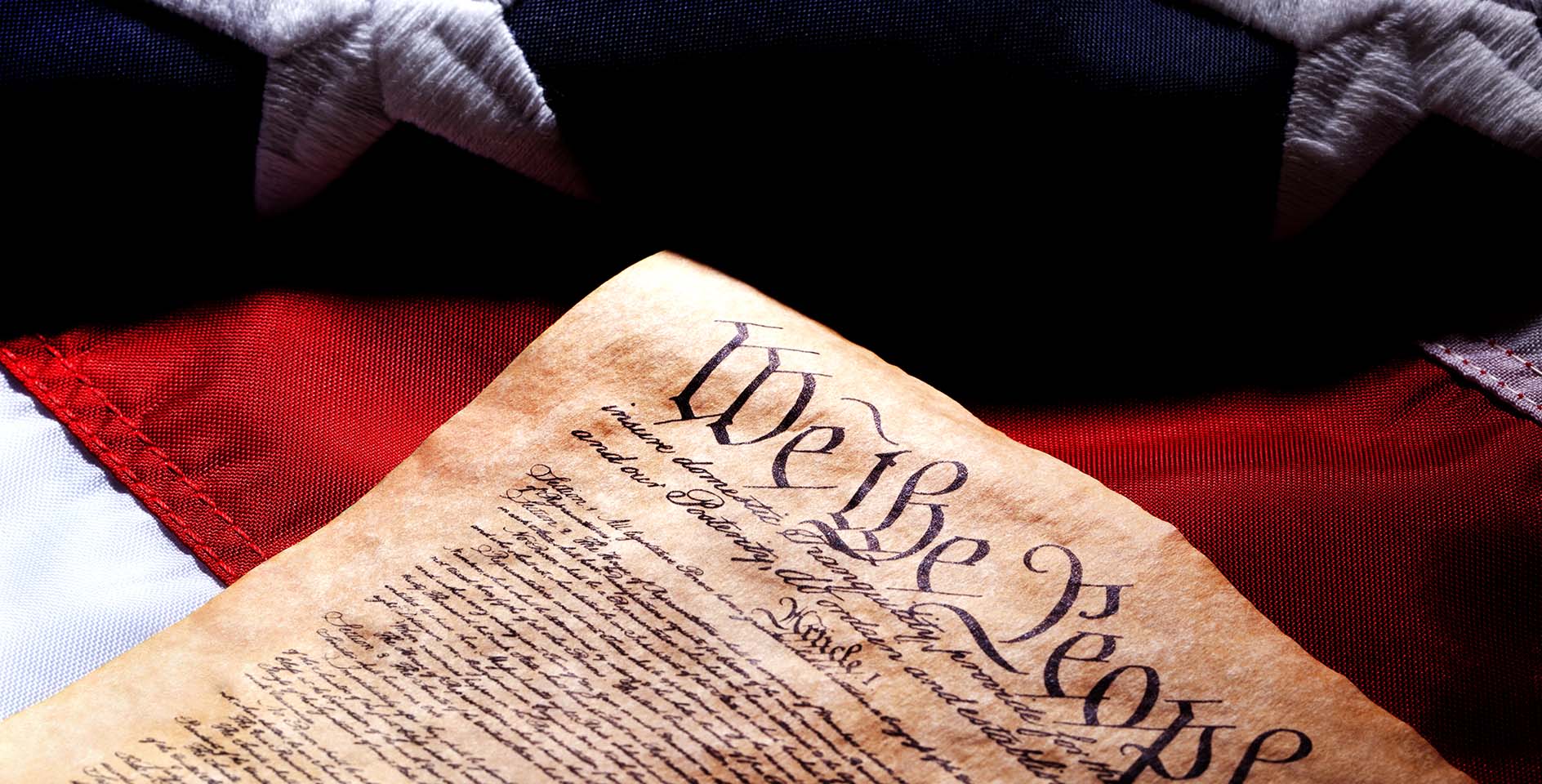Has any subject been depicted in art more than Jesus Christ? Da Vinci painted the Last Supper. Michaelangelo sculpted the lifeless body of Jesus in the arms of Mary in his Pietà. How many great masters painted the Madonna and Child? How many crucifixes adorn the bodices of Roman Catholics? Images of Jesus are ubiquitous.
The earliest surviving depiction of Jesus, however, is probably unlike anything you’ll find in your local art gallery or religious bookstore. It wasn’t an oil painting or a sculpture in marble; it was a bit of graffiti, hastily scratched into plaster. It was a cartoon. It featured a man, Alexamenos, worshipping a man who was hanging from a cross and who had the head of a jackass. The graffiti contains an inscription: “Alexamenos worships his god.”
3 lessons from the Roman era
It was back in Rome, in the Kindergarten of Christianity, that we learned about religious bullying, hateful violence, and cartoonish mockery. The lessons from that era remain valid today. Indeed, even as heroic members of my congregation have donned a uniform and have faced gunfire from Islamic terrorists in Garland—even in this modern age of global war, those ancient lessons from Rome represent all that we really need to know.
1. In Rome we learned that the followers of Jesus do not answer with lethal weapons the sort of mockery that the Alexamenos graffito represents. There was no Christian guerilla brigade. Our Lord is the King of angels; he does not need assault teams to defend his honor. Just as people sometimes need to be reminded about the simple lessons that they learned in Kindergarten, Christians have not always remembered this simple, nonviolent approach that served us so well in our earlier days. The episodes when we have forgotten have been the darkest, weakest chapters in our story.
In this era, the contrast serves the gospel well—ours is the faith in which God sends his Son to die for us, not a faith in which we must send our sons to die for him.
2. In Rome we also learned that the followers of Jesus are not the cartoonists of the world. The great apologists answered the criticisms of our opponents, but they did so by making serious responses to important questions, not by trying to mock and provoke the followers of other faiths. We do not sit in the seat of the scoffers. We do not venerate Mohammed. We do not agree with what the Qur’an says about Mohammed. Neither do we lampoon Mohammed. We do not participate in Pamela Geller’s anti-Islamic tirades and cartoons of Mohammed.
Actually, we talk about Mohammed as little as we can, because it isn’t about Mohammed; it’s about Jesus. We have no need to tear down Mohammed, because our mission is to lift up Jesus so that the world might be drawn to him. Efforts to offend Muslims by depicting Mohammed in cartoons are entirely beside the point, and Christians who participate in such activities have fallen victim to a distraction from their mission.
3. Finally, the Roman experience taught us that Jesus wins in a fair fight. No. Wait. That’s not quite it, is it? Jesus wins in unfair fights, too. In fact, no matter how much people stack the deck against Jesus, all fights are unfair in Jesus’ favor. That’s why we Baptists have tirelessly advocated for religious liberty and free speech as the rightful possession of all people from all faiths, including those who believe that they have no belief at all. When people attempt to stifle free speech and free religious exercise, they betray their fear of the power of faith and of their own comparative weakness.
But we, the servants of the Lord of hosts, have nothing to fear from the cartoons and jeers of detractors, or even from the sophistries of false religion’s most noble and eloquent advocates. We say let the cartoonists draw their cartoons, let the jihadis draw their weapons, and in the end, let every knee, nonetheless, bow and every tongue confess that Jesus Christ is Lord.










